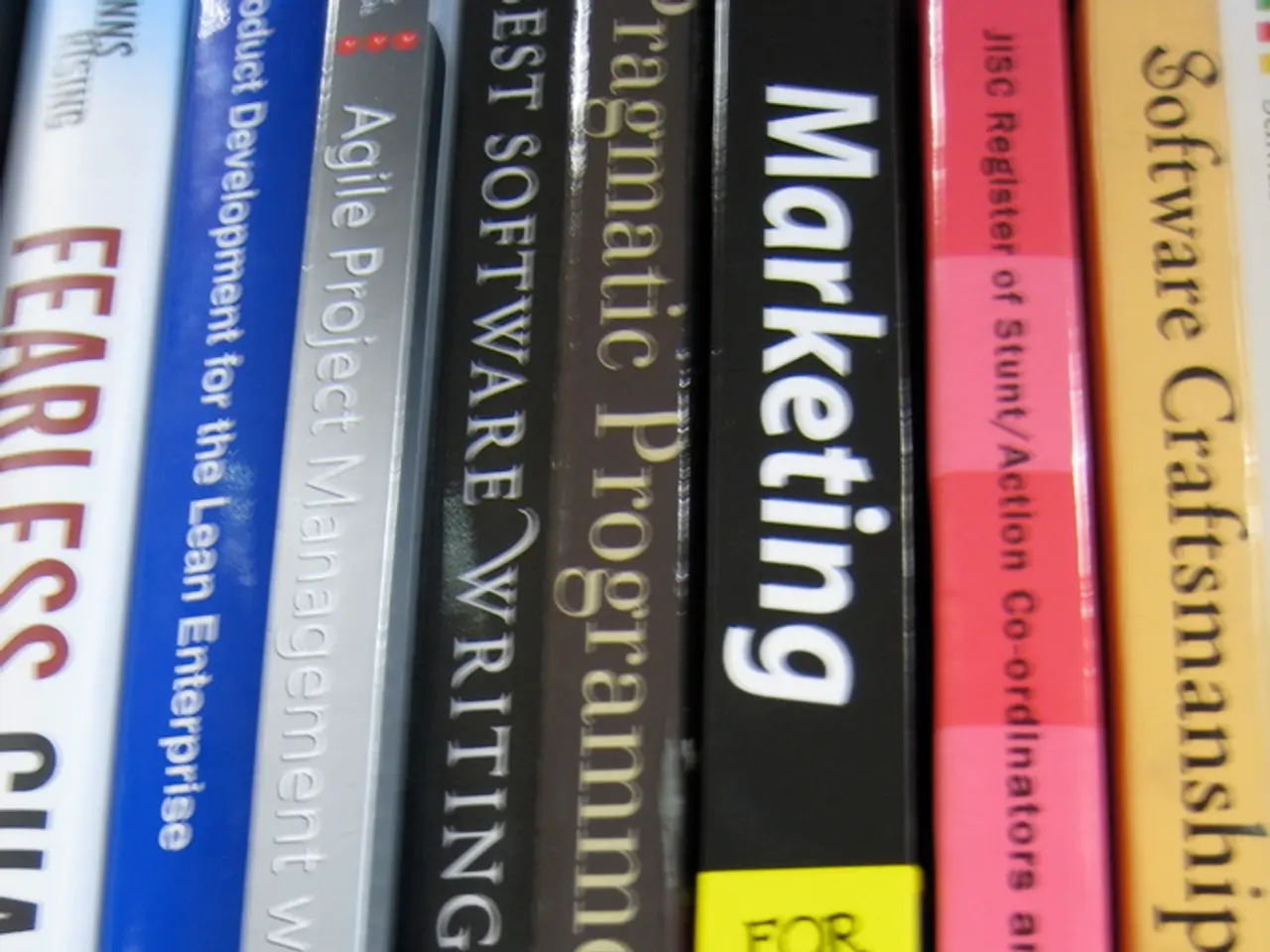Impact of Learning on Society's Cultural Landscape
In the realm of human development, education serves as a vital tool in transmitting and perpetuating cultural traditions from one generation to the next. Both formal and informal education play crucial and complementary roles in the preservation, evolution, and appreciation of cultural diversity.
Formal education, delivered through structured learning environments like schools and universities, provides systematic teaching of cultural knowledge, languages, history, and arts. This systematic approach helps preserve cultural identities and heritage by offering a comprehensive understanding of various cultures. For instance, encouraging heritage language use in formal settings strengthens students' cultural identities and aids language preservation efforts.
Moreover, formal education often incorporates cultural intelligence and competence training, which enhances students' ability to understand and engage with diverse cultures effectively. Studies with nursing students show that formal education combined with informal experiences improves cultural intelligence, fostering intercultural sensitivity and competence.
Classroom curricula can explicitly address values such as respect, tolerance, justice, and inclusion, which promote the appreciation of cultural diversity and prepare students to function in multicultural societies. However, some formal cultural training may risk superficial engagement if they are passive, lacking reflection or adaptation to learners' real cultural contexts.
Informal education, on the other hand, occurs through community interactions, social engagements, family, cultural events, and everyday experiences. It provides a living cultural context where values and cultural norms are practiced and transmitted naturally. Informal settings create value-rich environments through community spaces and social activities, which teach respect, cooperation, empathy, and responsibility in real-world scenarios.
Social activities and local service projects immerse individuals in multicultural experiences, promoting cultural empathy, humility, and practical appreciation beyond theoretical knowledge. Informal learning allows individuals to take ownership of their cultural learning processes, often adapting and reflecting on cultural interactions spontaneously, which helps the evolution of culture through lived experience.
The integration of formal and informal educational approaches enhances cultural intelligence and intercultural competence far better than either alone, supporting successful intercultural interactions and the evolution of culture. Communities actively engaged in education provide authentic environments that reinforce formal learning and ensure that cultural values remain relevant and dynamic.
In summary, formal education provides the foundational knowledge and cognitive frameworks for understanding and valuing cultural diversity, while informal education offers experiential, emotional, and social contexts where culture is lived, adapted, and evolved. Together, they ensure cultural preservation, foster appreciation, and enable culture to grow in response to changing societal dynamics.
Education fosters a sense of agency among individuals, empowering them to actively contribute to the evolution of their culture. It encourages students to question existing power dynamics within society and advocate for social change. Education acts as a catalyst for social change and cultural evolution by challenging traditional norms and beliefs.
However, challenges in integrating education and culture effectively include ensuring adequate representation of diverse cultures within curricula and addressing cultural stereotypes within educational contexts. Promoting intercultural dialogue within educational settings fosters empathy and understanding among students from diverse cultural backgrounds while promoting inclusivity.
Education promotes a sense of openness and acceptance towards diverse cultures, fostering a more inclusive society. It provides individuals with the opportunity to explore their cultural identity, traditions, and values. Education encourages individuals to critically reflect on their own cultural biases and prejudices, fostering a more inclusive society.
Language is an integral part of culture, and education plays a crucial role in its preservation. Leveraging technology can provide access to diverse educational resources that represent different cultures around the world. Education fosters a sense of cultural awareness and empathy, encouraging individuals to engage with people from diverse cultural backgrounds in a respectful and inclusive manner.
In conclusion, education plays a pivotal role in shaping and preserving cultural values and beliefs, equipping individuals with the skills necessary to actively participate in cultural practices and rituals, and fostering a more inclusive, empathetic, and culturally aware society.
Books, as an essential part of education-and-self-development, serve as portals to various cultures, providing an extensive understanding of different lifestyles, traditions, and histories. They preserve and promote cultural diversity by allowing readers to experience different perspectives, breaking down cultural barriers.
Social media plays a significant role in today's society, acting as a conduit for the exchange and dissemination of general-news, entertainment, and cultural traditions. The use of social media platforms can help in preserving and promoting cultural diversity by enabling individuals to share their experiences, traditions, and backgrounds with a global audience.
In the process of learning, education-and-self-development plays a critical role in promoting empathy and understanding, a vital aspect of social-media etiquette. By fostering a sense of respect and inclusivity, education paves the way for meaningful and positive interactions on social media platforms, enriching cultural dialogue and exchange.




